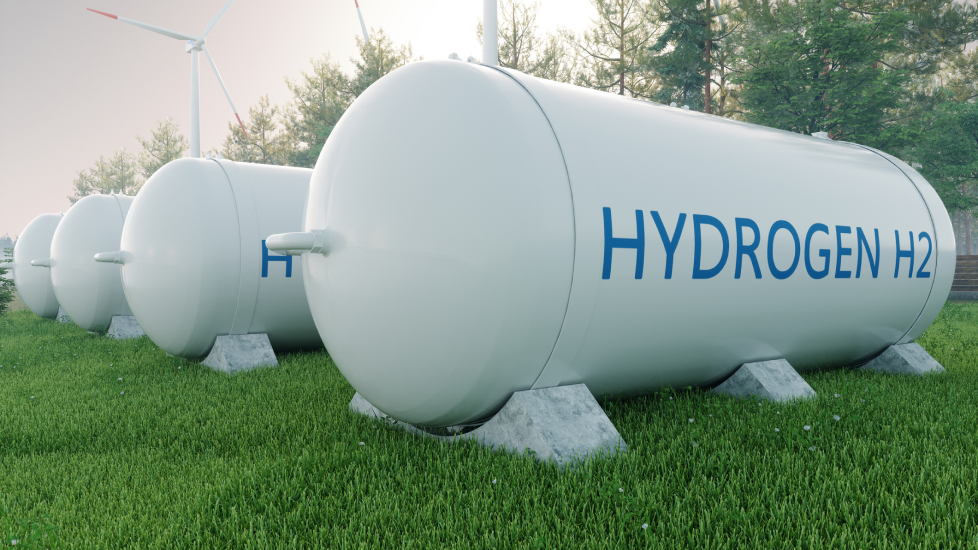Upcycling of post-consumer plastics is a technology that is able to recycle the polymers present into waste, producing a high-quality result. The process includes a careful selection phase, sorting by polymer and colour, and a volume reduction phase (shredding large plastic waste into flakes), then transforming the flakes into granules (small balls) of a certain colour with certain physical characteristics.
TechnologiesTechnologiesTechnologiesTechnologies
The best of green chemistry
Green Circular District Leaflet
Upcycling
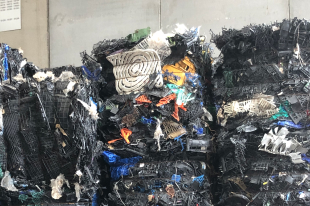
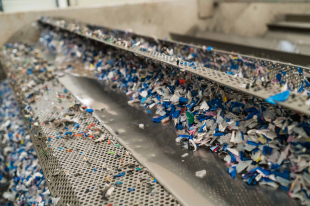
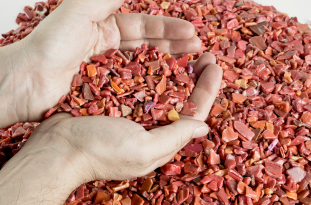
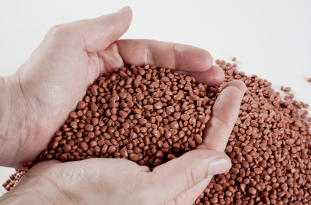
Upcycling makes it possible to obtain recycled materials with high performance qualities that can be used to replace virgin (petroleum-derived) plastics in a variety of application areas with fossil and CO2 savings. Upcycling gives waste plastics a second life as secondary raw materials and bridges the quality gap between recycled plastic and virgin plastic. MyReplast Upcycling technology has high flexibility to process various types of plastic waste, both from industrial post-consumer sources (such as drums, footings, auto parts) and from urban post-consumer sources. Due to its high efficiency, Upcycling allows the recovery of up to 95% of the incoming plastic materials, ensures high quality of the end products by combining mechanical recycling and chemical treatment, enabling the production of high purity and quality plastics. Final products can also be made "tailor-made," because through a formulation and compounding stage, specific results can be achieved according to customer needs.
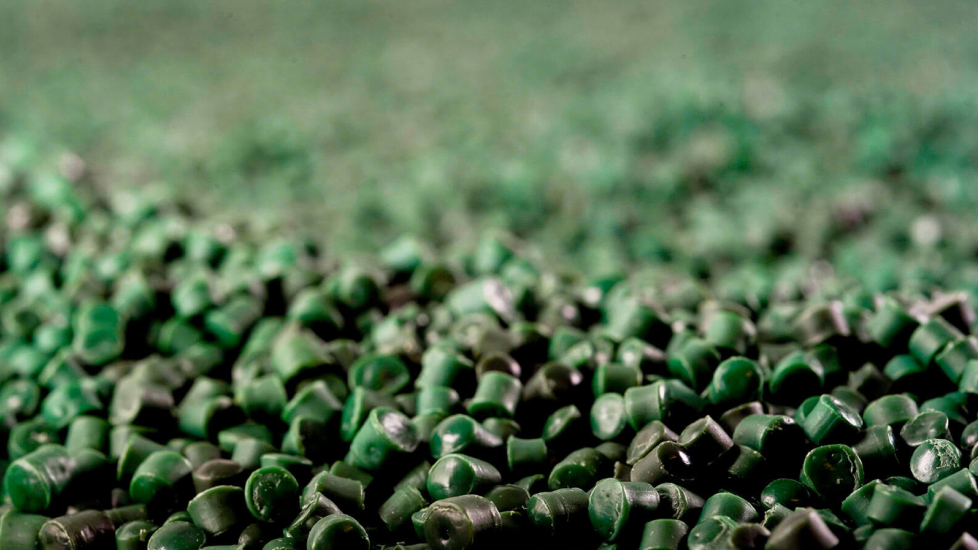
Chemical recycling

Synthesis gas, rich in H2 (hydrogen) and CO (carbon monoxide), but free of aromatic hydrocarbons, is a Circular Gas, because it comes from post-consumer resources that are thereby recovered. Circular Gas can be used as such, due to its reducing qualities, within production processes such as steelmaking, as a replacement for synthesis gas produced from methane or coal derivatives (such as carbon dust), lowering the climate-changing emissions generated, at a lower cost.
Using a range of technologies, Circular Gas can be used to produce products including Circular Hydrogen, Circular Methanol, Circular Ethanol and ammonia – chemical products that can be used as fuels for sustainable mobility and as building blocks for the production of other derivatives, meaning chemical products that are essential in the production of all the things that surround us. These products have a lower carbon footprint compared to petroleum derivatives, making them instrumental in the transition towards a decarbonised, climate-friendly economy.

We can make Circular Hydrogen using this technology at a competitive cost compared to conventional hydrogen already today, making it a possible solution for transitioning towards a fully developed green-hydrogen economy.
This technology differs from incineration, as chemical conversion is based on a partial oxidation process, without combustion, avoiding dioxin generation. The syngas from partial oxidation is converted into chemical products (no power generation). The process residues are inert and can be recovered for industrial applications.
There are no emissions of pollutants into the atmosphere, and the CO2 produced is offset by the CO2 saved by avoiding incineration. CO2 can also be neutralized adding green hydrogen production by electrolysis.
Circular Methanol
Methanol is an important and highly versatile chemical used to produce hundreds of every-day products which improve our quality of life, such as clothing, adhesives, paint, pharmaceuticals and plywood. It is also a clean-burning and safe alternative to conventional fuels and a potential enabler for decarbonisation.
Today, methanol is mainly produced from synthesis gas obtained from fossil fuels. Circular Gas enables the production of Circular Methanol, replacing these non-renewable feedstocks.
To produce Circular Methanol , we have partnered with Johnson Matthey (JM), the world’s number one methanol synthesis technology and catalyst provider, and a global leader in sustainable technologies.
Using JM’s well proven technology and high-performance catalysts, Circular Gas is purified, conditioned, and transformed into Circular Methanol in a synthesis loop which has been optimised for this application.
The process can also incorporate green hydrogen, which doubles the amount of methanol produced and leaves an almost neutral carbon footprint.
Finally, the crude Circular Methanol is purified in a custom-built distillation train to the required purity level. It can then go on to be converted into sustainable fuels and chemicals.
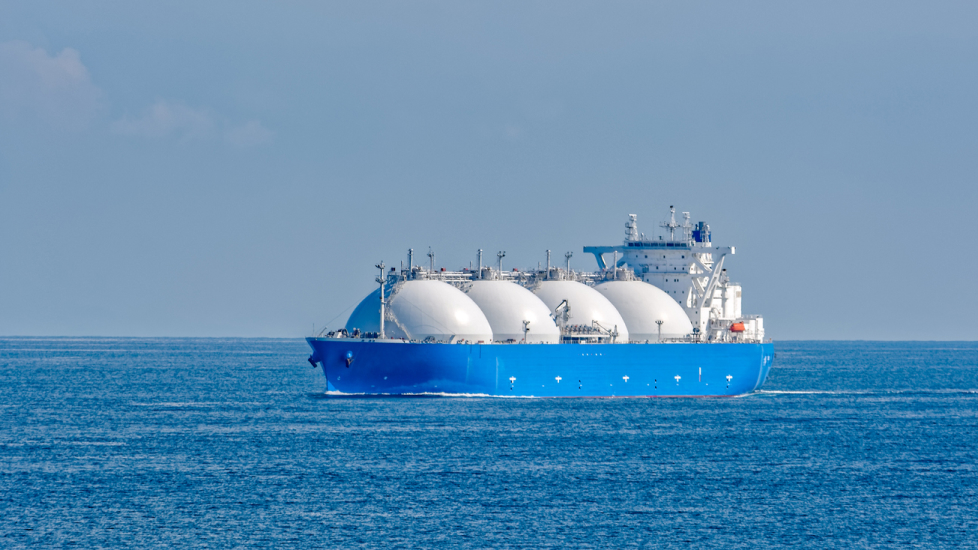
Green Hydrogen
